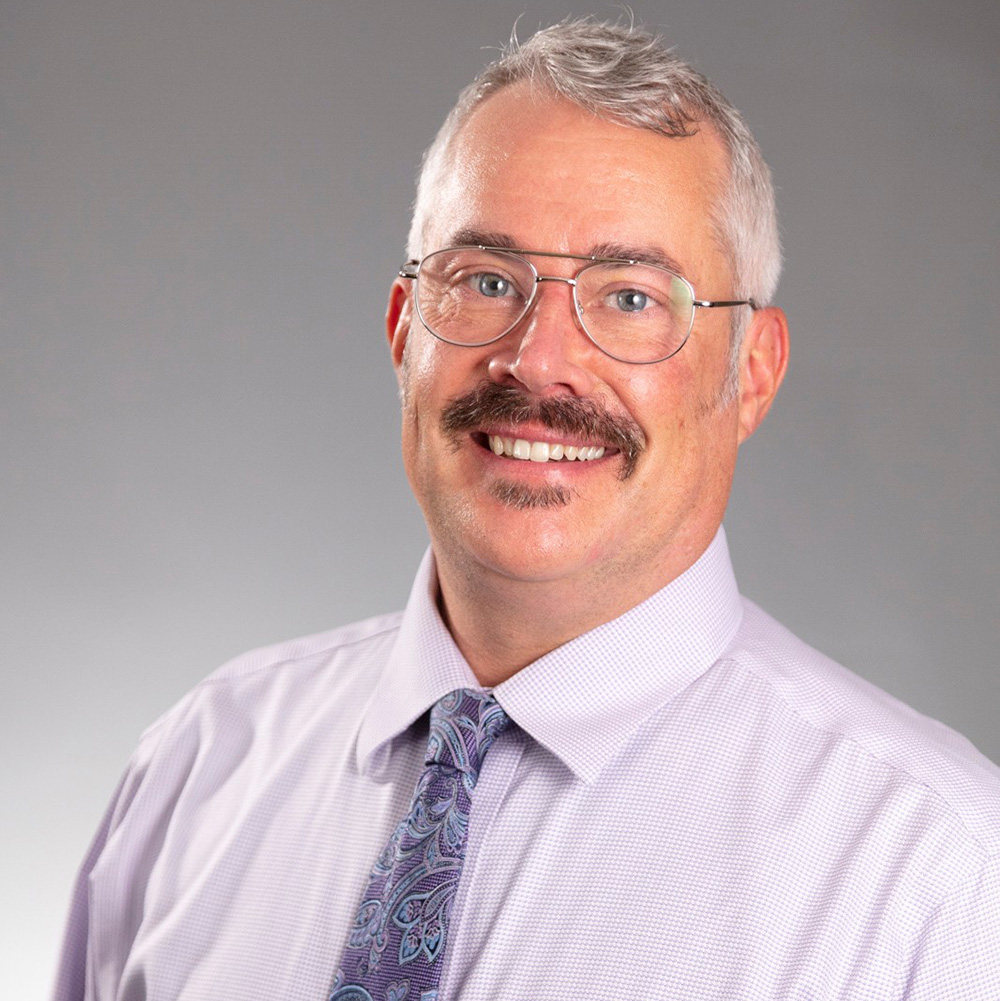
If you’re ever told for the first time that you have a diagnosis of a mental health or substance use problem, it’s hard to understand what all of it means. You may wonder, “What does being diagnosed with depression mean? Will I get better? What does treatment look like? Is there a cure or is mental illness a life-long battle? Does this mean I’m ‘crazy?’”
This process is made even more difficult by the way substance use disorders and other mental illnesses are often portrayed in the media and viewed by society, and subsequently how people with these conditions are treated in their everyday lives. In the recovery community, a history of discrimination and disempowerment led many to seek a way for individuals to reclaim their identities and their roles in their own therapeutic processes. Placing the person at the center and above all other aspects of the treatment process is the foundation of the Recovery Model.
The use of language is critical to ensuring a recovery-oriented and person-centered approach. It is important that people are seen first as people and not seen as their mental health condition.
People are not schizophrenic, bipolar or borderline. Put people first by saying, “A person with a behavioral health condition …” or “A person diagnosed with …”.
People are not cases or illnesses to be managed. Outside of just being insensitive, the following is an example of the harm in taking an illness-centered approach.
When people are seen only as “schizophrenic” or “alcoholic,” it often becomes too easy to focus on just reducing symptoms of psychosis or getting them to stop drinking. The problem is that there is so much more to getting better than just getting rid of the bad voices or other symptoms.
Recovery involves increasing a person’s ability to make the changes they want in their life – the power to get better, to identify their goals, to develop the ability to accomplish their goals and provide the support needed to attain their goals. It means focusing on the person’s strengths and the choices they want for their lives, not just their symptoms.
It is important to assess the way we use language and how the use of language reinforces negative biases or promotes empowerment and strengths. It is helpful to remember that people often identify themselves as roles where they find meaning. Strengths-based roles help us to feel better and promote recovery: “I am a father, a sister, an electrician, a friend.”
Negative language reinforces discrimination and isolation in society. It is hurtful and detrimental to the recovery process to be called crazy, a druggie, schizophrenic or a drunk.
In the behavioral health field, people may self-identify as clients, consumers, peers, survivors or people in recovery. When taking a person-centered approach, people should be identified by the language or title they feel most comfortable with.
When in doubt, call someone by their name. You should ask how they would like to be addressed.
-Modified from Mental Health America
If you or someone you love is experiencing symptoms of mental health or substance use disorders, please contact UofL Health – Peace Hospital for a no-charge assessment and assistance with treatment options. Call 502-451-3333.









